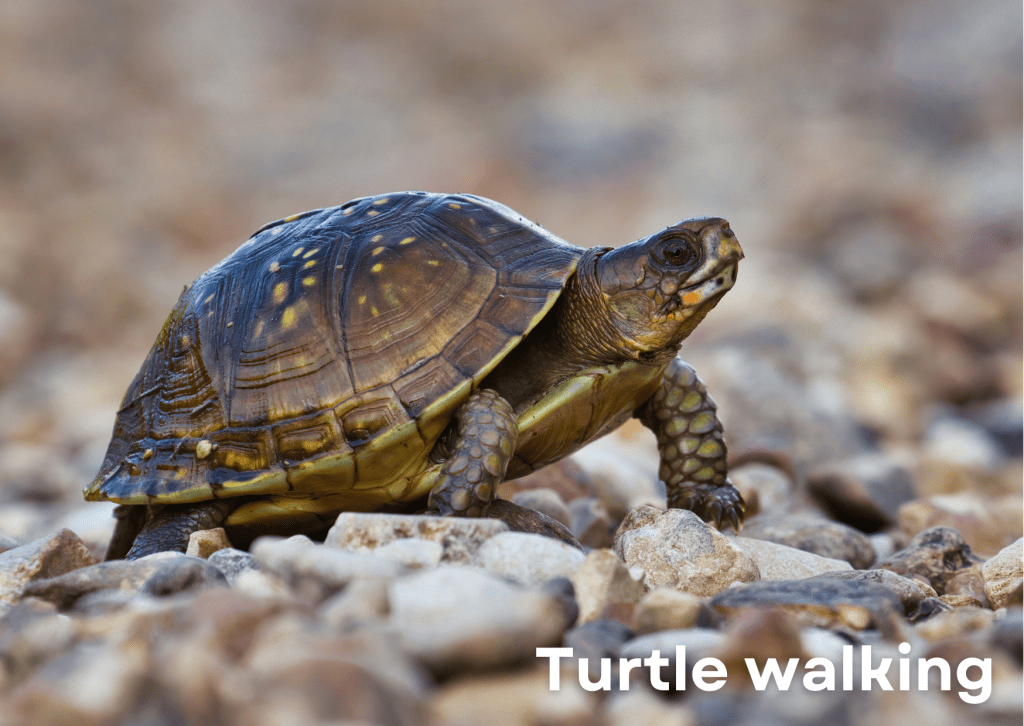After Covid lockdowns forced lots of people to stop doing so much of what they were doing, many began to re-evaluate if all that activity was really necessary after all. Before Covid, there was a growing ‘cult of busyness’ where people were so focused on doing things and being seen to be doing things that being perpetually busy was accepted as a normal lifestyle. Stress was off the charts and people’s health, relationships and all round wellbeing were suffering because of it. As proponents of the importance of rest and prioritising wellbeing over busyness, we were pleased to see a positive come out of the lockdowns that more people are now coming over to our way of thinking.
The Cult of Busyness
Considering that leisure time was once such a mark of status that people in the past did all sorts of bizarre activities – like walking tortoises on a lead in the park – to show off how much leisure time they had, it is strange that now it’s busyness that seems to be a mark of status. While many people are busy nowadays through the sheer necessity of juggling a job (or jobs) with family and home life, there are those who feel that being busy makes them seem important. We constantly hear about celebrities and entrepreneurs getting up very early to fit in huge numbers of activities in a day and this is something we’re expected to aspire to. It’s easy to see how people can perceive busyness as status as it suggests that they are ‘in demand’ and this need to constantly be doing something means people don’t stop to reflect on their life choices.
The Luxury of Lockdown
Despite the fact that lots of people found lockdown to be an incredibly stressful time because of money worries, health concerns and needing to balance working at home with home schooling, lots found that not being able to run around being busy constantly was actually a huge relief. In fact, some people got so used to the slower way of life in lockdown that they dreaded it ending. Some people began to appreciate being able to spend longer in bed or not needing to rush around in the mornings. Others came to enjoy taking leisurely strolls in the early evening and the ability to do things at their own pace rather than rushing to be places at a set time. Most found that they just didn’t need to be busy and that having the chance to slow down was actually a very fine thing indeed.
Time to Re-evaluate
Having had some time to reflect and focus on themselves, lots of previously busy people are now realising the importance of rest and prioritising their wellbeing. Being constantly busy is just exhausting and, after the stress and trauma of lockdowns, having busyness as a status symbol just isn’t worth it anymore. The concept of ‘deceleration’, meaning to do things slowly deliberately, is becoming more prominent as people embrace being human beings rather than human doings and find the idea of speeding through their lives to be repellent. Instead, people are taking the time to enjoy and appreciate their time and seeing it as something to cherish rather than a commodity to use.
I am so very pleased that some people took the opportunity offered by lockdowns to take some time for themselves and learned the value of prioritising their wellbeing but i’m also aware that some people didn’t get that opportunity and now have a greater need than ever to rest and rejuvenate. Whether you are embracing deceleration or need a break from a still busy lifestyle, I can help you make the steps to make lasting changes. So if you do fancy walking a turtle on a lead, working with a health coach – will allow you to reprioritise and make that happen.

